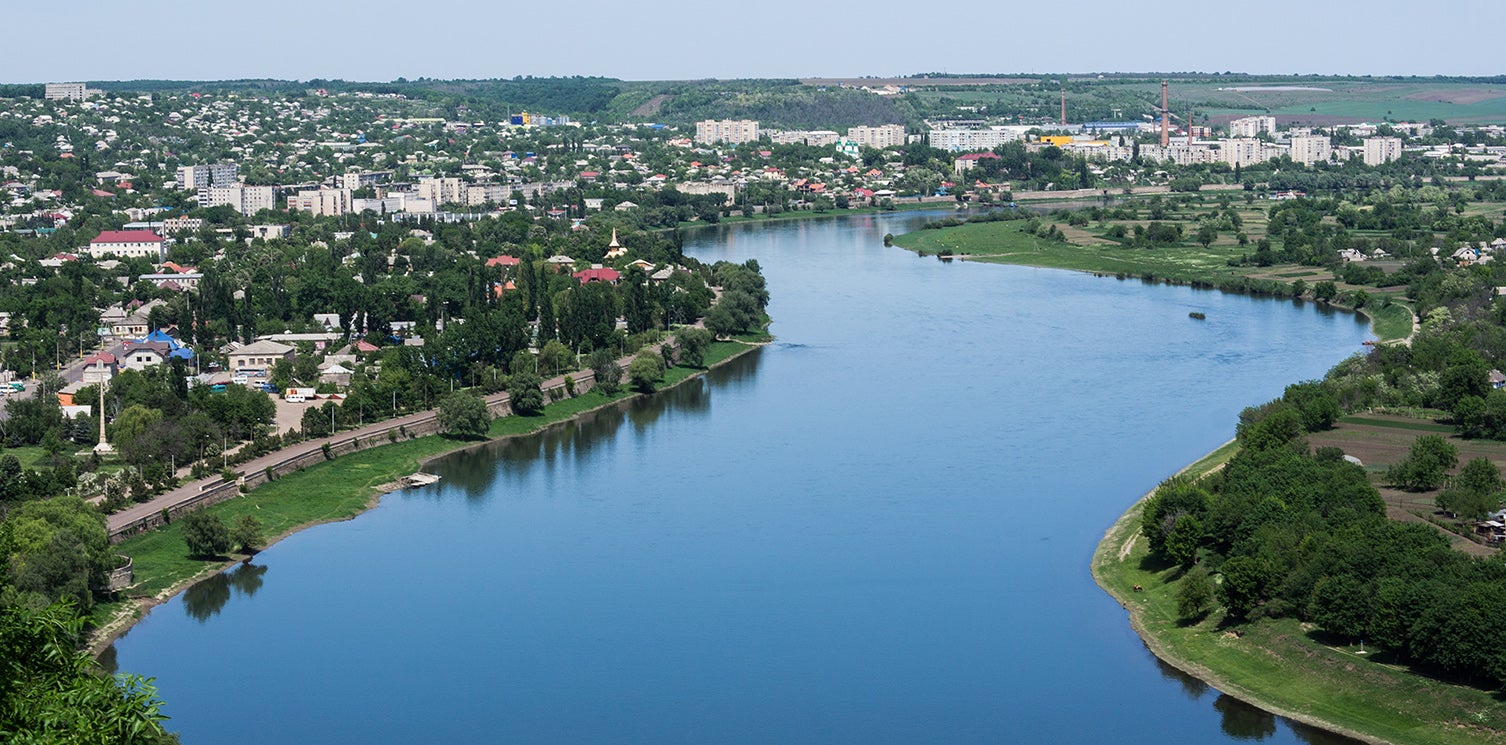 Photo: World Bank
Photo: World Bank
The COVID-19 crisis has caused enormous loss of human life and triggered economic devastation of unprecedented proportions. However, in responding to the crisis, we have an opportunity to build back in a way that can tackle the mounting threat of climate change and environmental degradation.
Inaction on climate is no longer an option. Globally, the last seven years have been the hottest on record and the concentration of heat-trapping carbon dioxide in the atmosphere spiked to a record high recently. Rising temperatures pose a fundamental threat to growth, stability, and poverty reduction, which is why climate change is not just an environmental problem; it is an economic one.
It was, then, gratifying to see so many ministers of finance and national economy from the Europe and Central Asia region accept our recent invitation, during the World Bank-IMF Spring Meetings, to discuss how the post-pandemic recovery can also be leveraged for a transition that is green (i.e. carbon neutral) and just (i.e. people-centered and inclusive).
Climate challenges in Europe and Central Asia are entrenched. The region is home to 10 of the world’s 20 most carbon-intensive economies. Meanwhile, natural resources – air, water, and forests – are being depleted at unsustainable rates. One in 8 deaths in Europe are attributable to pollution; in the Western Balkans it is 1 in 4 deaths.
The reality is stark and the action needed is urgent. Finance Ministers have a singularly important role to play as they hold the national purse strings and can wield a variety of fiscal policies and instruments to accelerate the transition to low-carbon development while protecting the well-being of future generations. Carbon taxes, reductions in fossil fuel subsidies, investments in green energy, and climate budgeting strategies are beneficial for growth, jobs, tax revenues, and protecting the planet.
There are no easy solutions. And there is no one-size-fits-all approach to the green transition, as all countries in the region must manage different economic and social contexts. The toll on lives and livelihoods from COVID-19, and the significant fiscal constraints it places on governments, is only exacerbating the challenges.
Given the difficult context, I was pleased to hear that climate action is a top priority for the region’s ministers. The European Green Deal represents the vanguard for leveraging the economic recovery to deliver transformative action on climate, the environment, and social inclusion, and its impacts are being felt well beyond the European Union (EU). Indeed, ambitious initiatives towards a green recovery are underway across the region. To name just a few examples:
- Many countries in the region are using recovery programs to initiate and accelerate programs to promote energy efficient housing and sustainable transport, which can deliver jobs in the short-term and support inclusion while addressing two of the biggest sources of carbon emissions.
- Governments are stepping up investments in renewables to support increasingly ambitious nationally determined contributions (NDCs) on climate action under the 2015 Paris Agreement. This includes programs to explore advanced technologies such as energy storage and hydrogen.
- Several countries in the region are also using recovery programs to strengthen climate resilience, including through jobs-intensive, nature-based solutions.
- And governments across the region are working to put in place an environment to catalyze private sector financing to support the green transition.
These commitments are very encouraging as we, at the World Bank, redouble our efforts to meet this historic moment by marshalling our resources to help our clients reap the opportunities provided by the EU Green Deal and to meet their broader commitments under the Paris Agreement.
Already the biggest provider of climate finance to the developing world, our new ambitious targets on combating the “rising dangers of climate change”, as announced by World Bank Group President David Malpass are very timely. Over the next five years, 35% of the financing within our investments will go towards supporting developing country climate benefits. Our climate financing will be used toward “mitigation” efforts, to reduce greenhouse gas emissions and their impacts; and for “adaptation” efforts, to help countries prepare for negative climate effects. For this, we have set a second important target – over the next five years, at least 50% of our total climate finance will support investments in adaptation.
Our big commitments are matched by big solutions to support our clients in their efforts towards a green and just transition. In Europe and Central Asia:
- We will build a strong analytical base, including deploying the new Country Climate and Development Reports (CCDRs) to support preparation and implementation of NDCs. In addition, we will continue to expand innovative analytical work on climate and the environment across the region, and increasingly are integrating the green transition into all of our core analytical work, including macro-fiscal and poverty assessments.
- We are expanding our use of innovative, results-based lending to support countries in undertaking key policy and institutional reforms to accelerate climate action.
- We are committed to significantly step-up support for the transition away from coal across the region, including managing the social consequences, to ensure the green transition is a just transition.


Join the Conversation